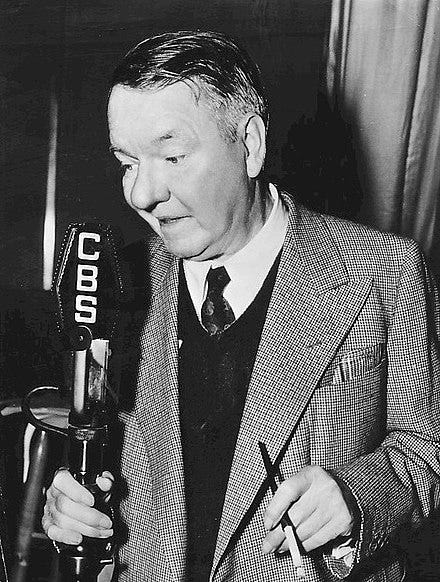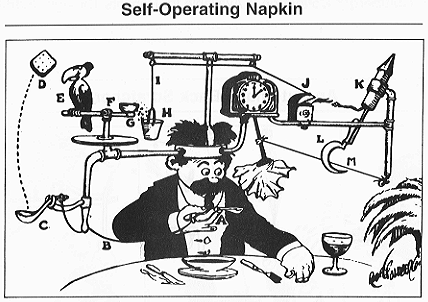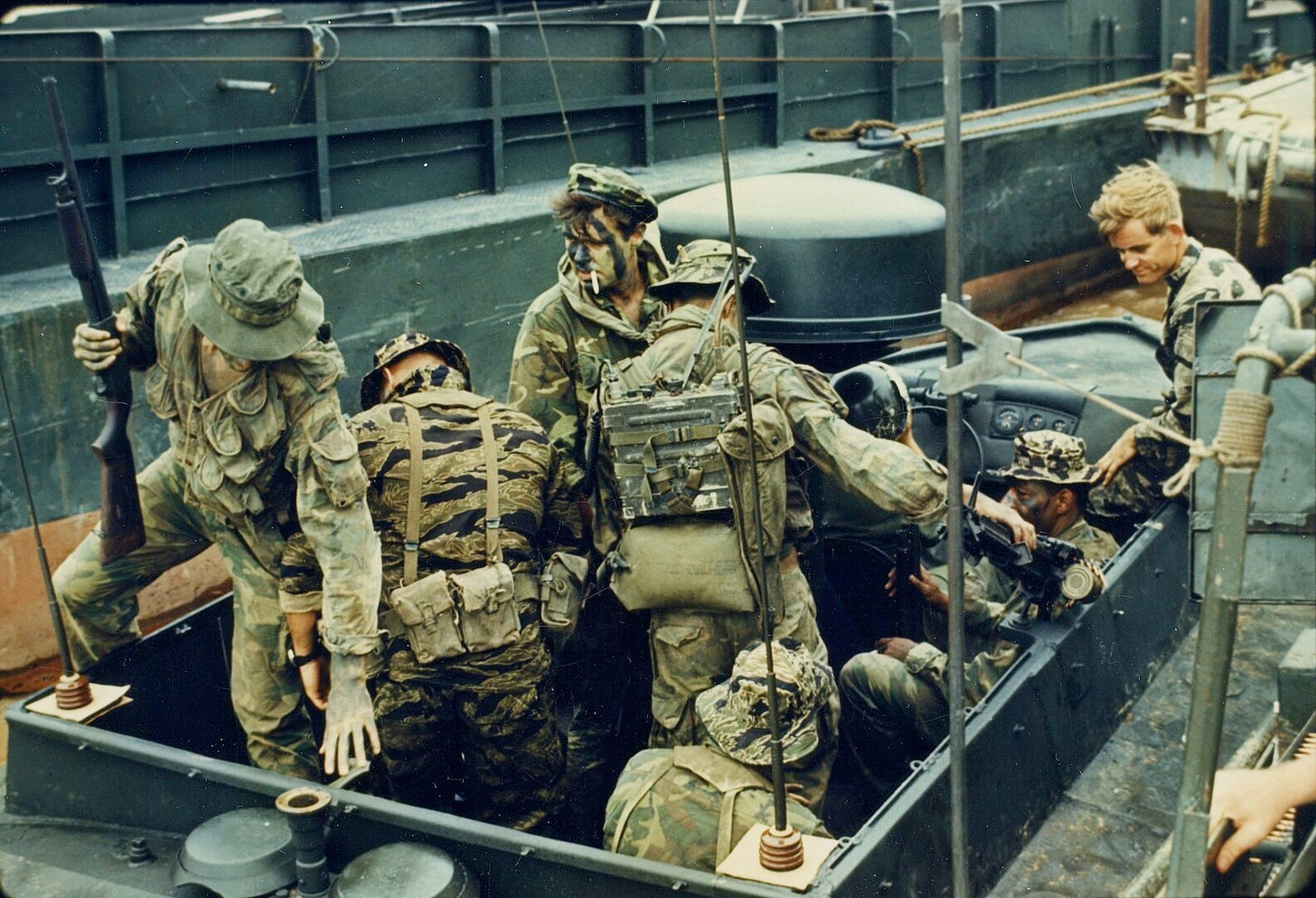
Who am I to tell you how to live with cancer?
I was diagnosed with stage 4 oropharyngeal squamous cell carcinoma, a tongue cancer, on July 3rd, 2020. Imagine a hideous mass gripping the root of your tongue as if it planned to swallow the thing from that end. From July 2020 until today, I have never been cancer-free.
“Stage 4” means “terminal.” Three times, one of my doctors has told me that I have less than a year to live (I describe the worst experience here). This is not because oncologists have a pessimistic bias. Physicians have an optimistic bias: on average, doctors’ predictions overstate patients’ survival times.
Nevertheless, more than four years after my diagnosis, here I am. My survival gives me standing to write about how to live with cancer. If one of these tips helps you, please pass a link to the essay to another patient or family member with cancer.
Practical Tips
This post presents practical tips, like those parents with newborns share about the best stroller brand, feeding schedules, etc. Even though I have tongue cancer, I’ll refer to mouth, tongue and throat cancers collectively as “throat cancers.”
Some of my tips will not apply to your disease. Rectal cancer doubtlessly imposes unique challenges; I hope that I never learn anything about them.
Moreover, there are differences between my cancer experiences as a Canadian and what you will experience if you live south of the border. These differences deserve their essay.
Likewise, I will not discuss a patient’s attitude toward life, even though no factor is more critical for survival. Attitude will have its essay; I’ll stick to the practical here.
I’ll mention that you should not take yourself too seriously. The epitaph of the prohibition-era comedian W. C. Fields supposedly reads, “On the Whole, I’d Rather Be in Philly.” That’s an urban legend. However, I’ve lived in Philadelphia and understand the sentiment.
Good Kit
Cancer reduces your appetite, and many patients become anorectic. Moreover, throat cancers and radiation treatments make it difficult to chew or swallow food. So, you need to either get a feeding tube or liquify your food and drink it. Either way, artificial food supplements will comprise much of what you eat. My view is that it is also essential to get some fresh food. To liquify fresh food, you need an emulsifier.
I liquify my food with a KitchenAid™ immersion blender I bought when my goal was to make a better vichyssoise. Among other problems, the machine isn’t powerful enough.
So, how do you know what to buy? The New York Times’ Wirecutter recommendations are helpful. Read what the Amazon raters say, but sharply discount sponsored product listings. The number of ratings is a better signal than the average rating. A product with a 4.9-star average based on 6 ratings is probably not as good as a 4.4 average based on 3289 ratings.1
Make sure that every food and water container has a screw-on lid.
If you have a Foley catheter, the catheter connects by a tube to a urinary drainage bag. Carrying the drainage bag around in public is awkward. Shop for pants with a large pocket to hold and conceal the bag. You can also get attractive cloth bags that conceal the drainage bag while wearing regular clothes.
I receive intravenous medications or saline every day. I got a peripherally inserted central catheter (PICC) line to reduce the number of times someone had to stick me with a needle.
If you get a PICC line, get a sleeve to protect it. For women, sleeves come in many fashion choices that go with sleeveless tops. PICC sleeves for men come only in black and look like something you would wear while weightlifting. PICC line protective sleeves are worth having, regardless.
Buy lots of night lights and place them wherever you walk in the dark.
Get a lap desk if you write in bed.
Then, get a lamp with a long bendable neck that clamps to the lap desk.
Buy an electrical outlet power strip for every room you spend time in.
Get chargers with sufficient connectors for every device you own.
Get a bag for cables with lots of compartments. Otherwise, if you throw them all together into a bad, the 2nd Law of Thermodynamics means that every cable you own will be perpetually tangled with every other cable.
Do everything you can to prevent the development of thrush, also known as oral candidiasis. Lightly scrub your mouth with an ultra-soft toothbrush. A home suction machine works even better.
Good Kit is Essential, But So Is Good Practice
Americans have built cults around their elite military units, such as the Deltas, SEALS, or Airborne Rangers. I admire these men and women’s skills, attitudes, and dedication.2
However, while special operators prize good kit, they recognize that what makes kit valuable is that it supports good practice.
I once heard an interview with a Colonel who commanded a battalion of the 75th Ranger Regiment. He said that an American special operator’s advantage over his adversary wasn’t access to exotic weapons or systems—the Colonel mentioned HALO parachutes—which could be a distraction.
The special operator’s advantage was in PT (Physical Training), BRM (Basic Rifle Marksmanship), and CQB (Close Quarters Battle). Translated into English, the Colonel meant that special operators don’t win because they are kitted out like Marvel Superheroes; they win because they are better at the fundamentals of infantry warfare.
Consider the late Delta operator Sergeant Randy Shughart, a sniper specialist. During the battle in Mogadishu recounted in Mark Bowden’s book Black Hawk Down. Shughart fought his way to one of the downed helicopters and died defending the injured pilot. He was posthumously awarded the Medal of Honor.
As a Delta sniper, Shughart could have armed himself with a purpose-built sniper’s weapon.
Instead, he carried an M-14, an evolved version of World War 2’s M-1. The M-14 had been the US military’s standard long gun before being replaced by the M-16 assault rifle during the Vietnam war. The M-14 has a longer barrel than an M-16. It fires the NATO-standard 7.62 mm cartridge, heavier than the M-16’s 5.52 mm round, features that make the M-14 accurate and reliable.
Shughart’s weapon was fit to purpose, but no more complicated than it needed to be. That and his relentless practice qualified Shughart as a deadly sniper.
Special operators and surgeons have a mantra describing how they understand good practice: “Slow is Smooth. Smooth is Fast.”
Slow is Smooth means that you allow a practice whatever time it needs so that you can perform it fluently.
Smooth is Fast because you make fewer mistakes when you perform a task fluently. I repeat the “Slow is Smooth” mantra many times a day.
I also live by the Japanese exclamation, “Kaizen!” Kaizen translates as “beautiful practice,” but what it means is “improve your practice through the discovery and implementation of many tiny changes in your workflow.”
Focusing on one tiny change at a time defeats haste and procrastination while achieving “Smooth is Fast” fluency.
Good Practices
If possible, get connected to a palliative care program. There is a widespread misunderstanding that palliative and hospice care are the same. This view is incorrect.
Palliative care does not attempt to cure your cancer, but that doesn’t mean you can’t stay in your current treatment program while receiving pain management from a palliative care physician. Oncologists believe they know how to control your pain; they are often wrong.
As you can read in Three Months from Hell, I have been unexpectedly hospitalized on many occasions. The hospitalization goes much better when I have my necessities with me. The same can be true if I want to spend an afternoon writing in our backyard instead of my bedroom. To make these moves easier, I keep a go-bag.
The go-bag is a small laptop backpack with just enough space for everything I need. It has many pockets, consistent with another good practice: “a place for everything and everything in its place.”
What can happen when a necessity is not in its place? I arrived at the Cancer Centre without my Ontario Health Insurance Plan (OHIP) card, which was at home in a Very Sensible Place: the top of my dresser. Unfortunately, I could not get routine blood work without my OHIP card until I could persuade a Cancer Centre nurse to come to the blood lab and vouch for me.
I use an “everything in a bag or a bag within a bag” system to have a place for everything. Everything in a bag means that everything has its proper place.
All bags and pockets should have zippers because they should be zipped closed when not in use.
What happens when a pocket is left unzipped? Imagine being halfway up a 1 km rock face. A pocket on your backpack is unzipped, and when you contort yourself in search of a better foothold, a carabiner falls out, descending 500 m before it pings on a rock below. You will never see it again; worse, a party might be below you.3
Health and Fitness Routines
It’s vital to maintain daily dental care. Most throat cancer patients receive radiation treatment. X-rays damage your tooth enamel and weaken the bone in your jaw. This can transform a routine dental appointment into a major surgery.
Even more important, keep up a fitness routine if you can. For me, this is yoga and Peloton biking. If you get weak, you are more likely to fall, and falls have killed frail cancer patients.
Take the time to master the patient-facing portal in your electronic health record (this would be MyChart in Epic).
Finally, make time for your dog or cat. Your animals love you, and they know when you are ill. Unfortunately, they also become confused and anxious when you are sick. Make the time to cuddle or stroke them, and you will both benefit.
Concluding Regret
I learned how to deal with cancer from experiences in austere environments: sea kayaking, big-wall rock climbing, and high-altitude ski mountaineering. I wasn’t distinguished at any of these, but they taught me to be careful.
If I believed in karma, I would have to view my current afflictions as just recompense for how I sneered at less-fit people. The people who walked the groomed paths in flatland while I looked down from the peak of the Grand Teton. Or. worse, those who pushed walkers or who were pushed in wheel chairs.
Love your neighbour as yourself, even if they on Marlboros and Fritos. Today, I might give my right hand to walk on a groomed trail that looked up at the Grand Teton.
I learned this from Tyler Cowen.
As a Christian pacifist, I note that America also has stores where a wannabe male who craves special operator glamour can buy clothing—or a weapon—that, he imagines, will suggest that he is one of these elites.
I confess that I get carried away with all of this. The manufacturer made my go-bag from black Kevlar, and likewise made the zipper pulls black. Making everything black made the zippers hard to find. I replaced the black zipper pulls with safety orange ones.













Bill, thanks for sharing your insights, experiences and practical tips! We probably all know (or will know) someone who has cancer or serious health issues so this article is very helpful and lightens the burden. You are community-minded and a blessing! II Corinthians 1:3 & 4